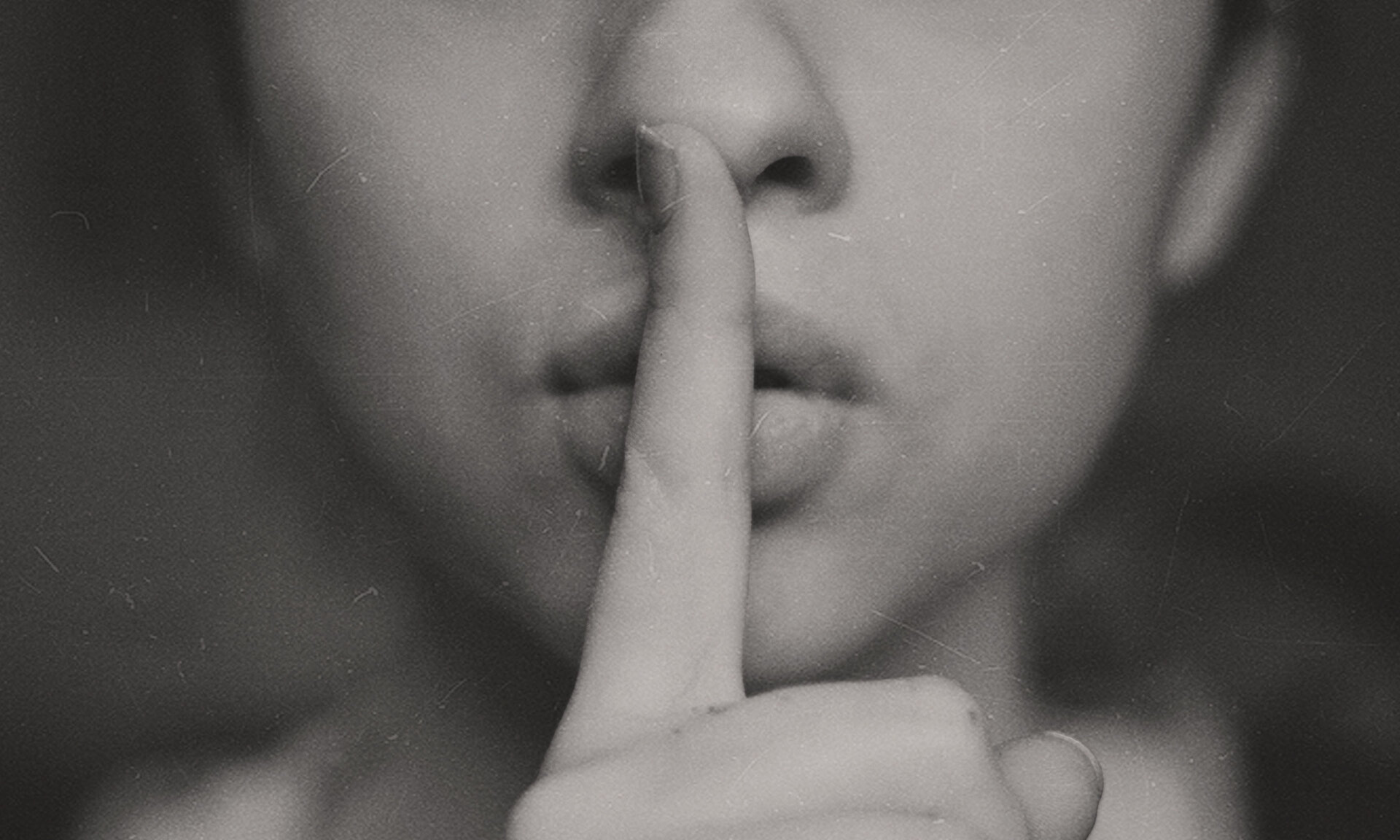Why the First Words Out of Your Mouth Can Be the Most Powerful
I recently listened to a radio talk show and the person being interviewed started every response with the word "so." As the kids would say, it got sooooo annoying.
I suspect social media is responsible for us starting verbal sentences with so, and I wish people would stop it, especially when they speak to the news media.
Very few people realize how silly they sound when they start speaking and as a result, here are some ways to make your communication, and your image, much stronger.
It's Not Facebook
When I heard that talk show, I realized the guest was starting every response with the word so about the second or third time he did it. His typical answer started something along the lines of “So, we looked at what was happening….” Or “So, after a lot of research….”
I’m not an English major but I don’t think a proper sentence ever started with the word so. It’s a connecting word to link two thoughts as in, “We were out of milk, so we decided to go to the store.”
I’ve noticed this creeping into my media training as well. It rarely happened five years ago, but now occurs almost every time I do one. It happened again at a session I did this past Monday in Calgary. During the critique of an on-camera interview, I politely point out that the person shouldn’t start a response with the word so, but what tends to happen is, everyone then starts to notice how much the word so used. Sometimes it’s done properly, sometimes improperly.
I have to believe social media is responsible for this. I see Facebook and Twitter posts such as “So, this happened to me today” and below will be a photo of a recently damaged car, or a perhaps a new tattoo. It’s become a way of starting a social media post cautiously, perhaps before letting others know that something big has happened to you.
My advice is, it’s fine for Facebook, but when you’re doing media interviews, or even when you’re starting a sentence in normal conversation, never begin with the word so. There are several other ways to make your statement sound much stronger and I’ll get to those in a moment.
Yeah, Yeah, Yeah
Another communication trend I’ve noticed occurs when two people are talking on a sports program such as two anchors at a desk, or a play-by-play announcer and his colour commentator. Far too often when one of them throws to the other (makes a statement and then opens the door for the other person to speak), the second person will start with the word “Yeah”.
Here’s an example. “Caroline, the Calgary Flames are the hottest team in the NHL.” Caroline then says, “Yeah they sure are Jim, they’ve won 10 in a row.”
There’s nothing wrong with this and I know it’s conversational, but I’m finding in situation like this the word “yeah” becomes as much of a crutch as the word “so”. Once again you lose the chance to start a sentence with something much stronger. Removing the word “yeah” allows you to make a more defined statement.
So, stop it.
You Are What You Start
I wrote a blog recently about the way many of us feel rushed to answer another person, or keep a conversation going, much to the determent of our ability as communicators. Usually the first few words in a conversational response aren’t necessary. Here’s an example “Yeah, well we….ah…..we decided to go to….” Why not pause for a moment and start with the words “We decided to go to” instead?
When I do media training it’s much the same and often caution the people I work with to pause a moment to get their thoughts together before speaking. It may seem awkward at first, but you’ll get used to it and become a better communicator.
A vast majority of media interviews are recorded and there are no gold stars for quick answers to a reporter’s question. There are gold stars for good answers though, so take your time before responding.
Listen and Learn How to Make a Statement
When I listen to anyone having a conversation with another person such as a radio talk show or two people having an unscripted conversation on TV, I focus on the first few words they speak. It’s amazing how many people start with totally unnecessary words and phrases.
Give it a try. Start listening to the first words many people speak and see how noticeable it is. There are classics like the word “well” to start a sentence. Then there’s the two-word phrase “you know.” Sometimes the two get combined and sentences start with the phase “Well you know…”. It’s called the Daily Double.
Then there’s the word “honestly”, as in “Honestly we decided at the last minute….” I always wonder why anyone is telling me that they’re being honest, especially when they start a sentence with it.
Some people start sentences with the phrase “You know what?” No I don’t know what, so please tell me, because I know you’re about to.
My point is, when you insert words at the start of a response, they cloud why you’re really trying to say. If you want your statement to become more memorable make sure your first words are necessary to include in your statement and then say what’s important.
Listen to others speak and then work to eliminate those throwaway words. You’ll learn that if you do, you’ll always make a statement when you speak.
Pause, then talk. It feels awkward at first but better than floundering on ums and ers. Good advice, thanks!
You're right, it does feel awkward, but you'll be amazed at how much stronger your communication is and the positive effect it has on your presence.
Thanks for commenting.
Thanks for the excellent guidance Grant!
Lois


Commentary